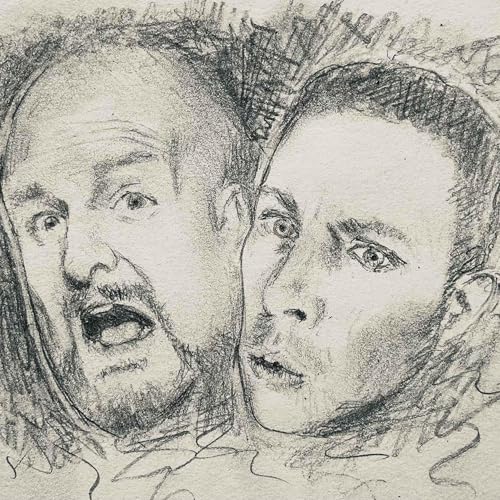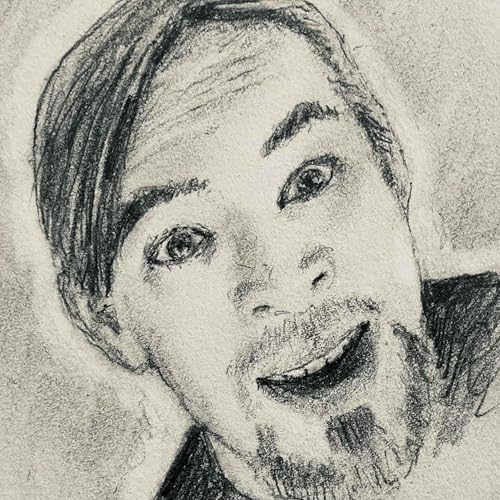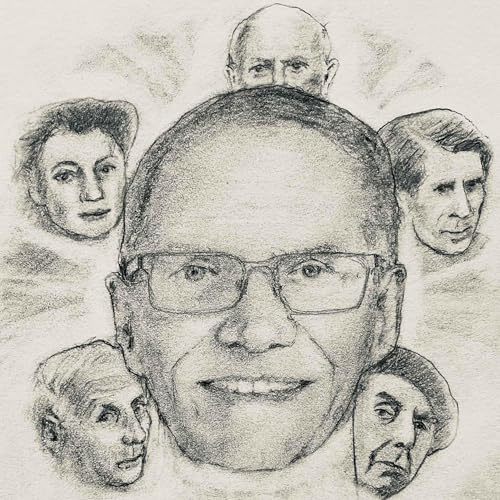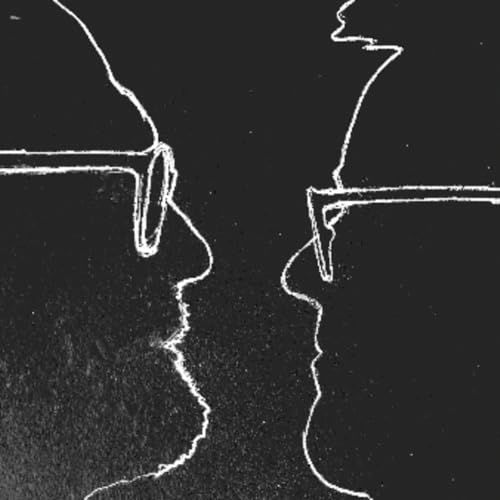In this festive episode Ken reads 'Manhandling the Brain', his essay on the origins of mid-20th century psychosurgery, an attempt to understand how, for over 20 years, so many people thought it such a good idea to damage the brains of the severely mentally ill and the lessons that can be learned.
Participants:
Ken Barrett, visual artist, writer and retired neuropsychiatrist: http://www.kenbarrettstudio.co.uk
Full text of the essay with bibliography and references are here, preceded by an essay on the early days of the EEG and more: http://www.kenbarrettstudio.co.uk/writing/
Bibliography top picks in bold)
Moniz E (1935), Tentatives operatoires dans le traitement de certaines psychoses, Masson, Paris.
Freeman W, Watts JW & Hunt T (1942) Psychosurgery: Intelligence, emotion and social behavior following prefrontal lobotomy for mental disorders. Springfield, Thomas.
Board of Control (1947), Pre-frontal Leucotomy in 1000 Cases, HMSO.
Shutts D (1982), Lobotomy: Resort to the Knife, Van Nostrand Reinhold, New York.
Rylander G ( 1948), Personality Analysis Before and After Frontal Lobotomy, in The Frontal Lobes , John F Fulton et al Eds., pp691-705. Williams and Wilkins, Baltimore.
Vallenstein ES (1986), Great and Desperate Cures: The Rise and Decline of Psychosurgery and Other Radical treatments for Mental Illness, Basic Books Inc..
Pressman JD, Last Resort: Psychosurgery and the Limits of Medicine, Cambridge University Press, 1998.
El-Hai J (2005), The Lobotomist: A Maverick Medical Genius and His Tragic Quest to Rid the World of Mental Illness, John Wiley & Sons.
Howard Dully and Charles Fleming, Messing with my Head: The shocking true story of my lobotomy, Vermilion, 2007.
Kotowicz Z (2012), Psychosurgery: the Birth of a New Scientific Paradigm, Centre for Philosophy of Science, University of Lisbon.
Raz M (2013), The Lobotomy Letters: The Making of American Psychosurgery , University of Rochester Press.
Ferone G & Vincent J-D (2011), Bienvenue en Transhumanie: sur l’homme de demain, Editions Grasset & Fasquelle, Paris.
Todes DP (2014), Ivan Pavlov: A Russian Life in Science, Oxford University Press.
Papers:
Hutton E L (1941), Early Results of Prefrontal Leucotomy, Lancet, July 5, 3-12.
Hutton E L (1942), The Investigation of Personality in Patients treated by Prefrontal Leucotomy, Journal of Mental Science, 371, 275-281.
Golla F L,(1943), The Range and Technique of Prefrontal Leucotomy, Journal of Mental Science, 89; 189-191.
Opening music: Prelude to the opera Brainland, composed by Stephen Brown.
For comment or to share your own essay Ken can be contacted at kenb@kenbarrettstudio.co.uk
Brainland the opera website: www.brainlandtheopera.co.uk
Festive wax model (of Walter Freeman) by KB
Hosted on Acast. See acast.com/privacy for more information.
 Dec 28 202538 mins
Dec 28 202538 mins Dec 18 202553 mins
Dec 18 202553 mins 44 mins
44 mins 48 mins
48 mins 55 mins
55 mins 59 mins
59 mins 48 mins
48 mins 43 mins
43 mins
